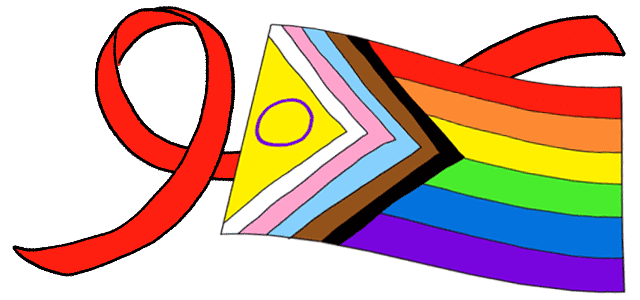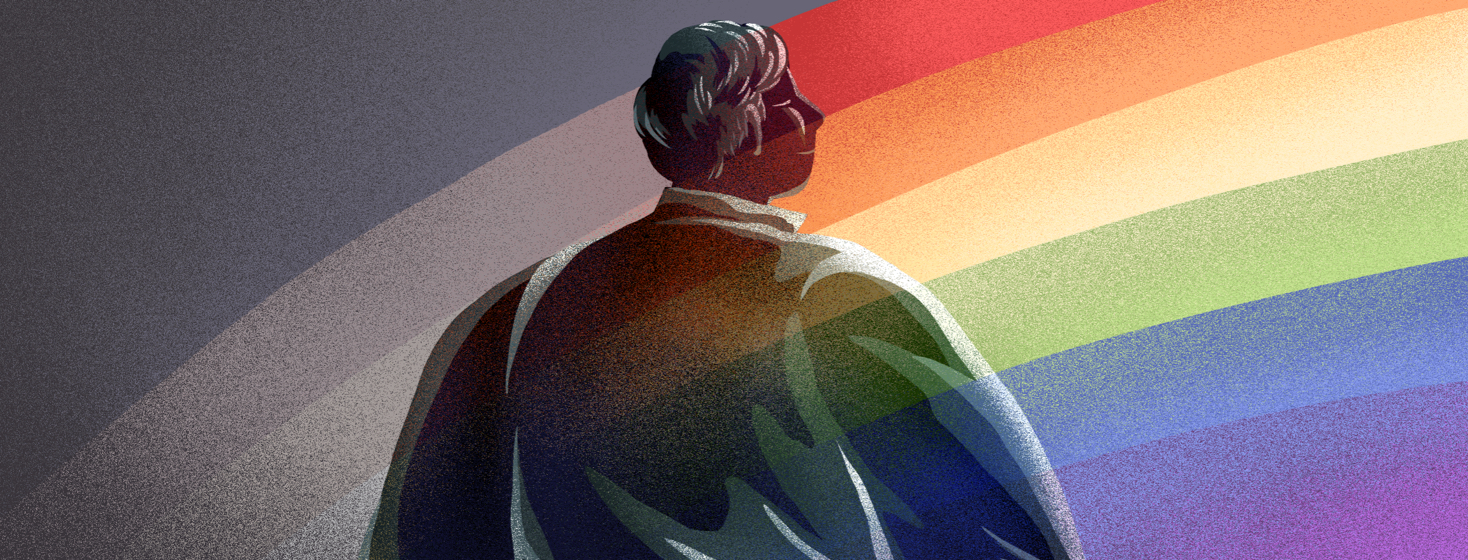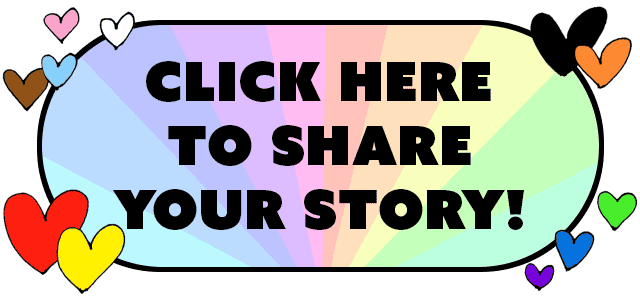Attention Decision-Makers: What PLWHIV Want for Young LGBTQIA+ People Today
"Prevention and education are important, but representation and resources are even more important." – Ze (H-I-V.net Community Advocate)
According to the National Institutes of Health (NIH), 21 percent of new HIV diagnoses in 2018 were among young people ages 13 to 24. Most new HIV diagnoses among youth (92 percent) were among young gay and bisexual men.1-2
Education and support is not only a topic for parents with children living with HIV, but it is also a topic of interest to anyone who has young people in their lives.
LGBTQIA+ advocates living with HIV look back
People living with HIV and the LGBTQIA+ community are at the forefront of HIV policy advocacy and education. Here are a few stories about adults living with HIV looking back at what it was like when they were younger:
Growing Up with HIV: My Challenge by Casey Krueger
"It wasn’t until I was 11 years old that my doctor sat me down and told me I had HIV and that my mother also had it. That was the final piece of the puzzle that I had no idea was missing... my family of course wanted me to keep quiet about my HIV – for my own safety, they said. I refused. I had curious friends and I was more than happy to teach them. I found acceptance in my friend group and, on some levels, protection as well. No one, not even me, knew what long-term living with HIV really looked like, and growing up in a small town with no internet left me blind to the HIV community."

Minutes with Jah: Drag Saved My Life by Jahlove Serrano
In this video, Jah remembers after being diagnosed with HIV as a teenager, he was finally able to be more open and vocal when he merged his HIV/AIDS advocacy into the entertainment space as a drag performer.
"I went to high schools, doing my public speaking, educating young people by sharing my HIV journey. I just treated everything like a stage and it worked out... I look at my dark days, at my beginning years and not understanding why I had to go through the things I had gone through... when people are educated and entertained at the same time, they grasp it more."
Proud by Kalvin Pugh
"I’ve known that I was gay for as long as I can remember. I felt different than the other kids long before I even knew what gay was. Those early messages were such a departure from the thought that God didn’t make mistakes, that I didn’t know what to think. The only thing I knew was that the truth was something to be ashamed of and locked away in a proverbial closet."
Featured Forum
View all responsesWhat do you want decision-makers to know about LGBTQIA+ protections for young people?
We asked our team of advocates what they want legislators and policymakers to know when it comes to young people who identify as LGBTQIA+.
"I want decision-makers to know that there should be better laws in place to protect our young people against bullying for being who they are. And that means sexual orientation and gender identity." – Dee
"Early prevention and education is the biggest way to stop transmission among young people. Resources should be allocated to create more programs teaching about sex in a scientific way, in schools. Not only should programs be added to schools but also add educated counselors. There’s also a lot to be said about censoring sex in media. " - Ze
"To the decision-makers, you have the power to make changes that can protect our young people. Regardless of sexual identity, young people need to know that we are here to educate them, provide them with all the tools they need, and build them up to be the best they can be. Young LGBTQIA+ people must know that they are not broken. Even when not everyone agrees with them that they can still have the same opportunities as their straight counterparts. You, decision-makers, must use that power responsibly." – Daniel
"It is our duty to protect all youth. Especially LGBTQIA+ youth! Protections for queer youth are crucial to prevent HIV, depression, homelessness, etc. When queer youth are thrown out in the streets they're vulnerable to anything. Just because they're queer youth doesn't mean that we have to love and protect them any less." – Jahlove
"I want decision-makers to know that the protection of young people should be our priority. There are still too many young individuals who are getting infected with HIV. We need to increase protection by also advocating for more education." – Steven
"I've always believed that this is a country where people can become anyone they want. That doesn't always mean some financial or career status. For many, it's about discovering and being their true self. The stress and fear put upon LGBTQIA+ young people can kill them by driving them to take their own lives. Ultimately, these are someone's children, someone's brother or sister. Their lives have meaning." – Robert B.
Share your thoughts on this topic
Speaking out about your story can be an act of advocacy. What has getting healthcare been like? What was it like when you were first diagnosed? How has your life changed since then?
Like this article? Come join the community
Our online discussion forums and new content from people living with HIV can be found right here. Sign up for our weekly newsletter and be sure to follow us on Instagram and Facebook to stay up to date.


Join the conversation